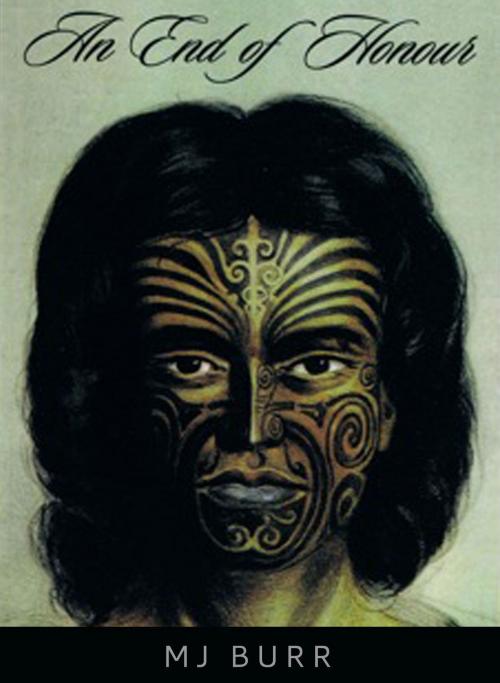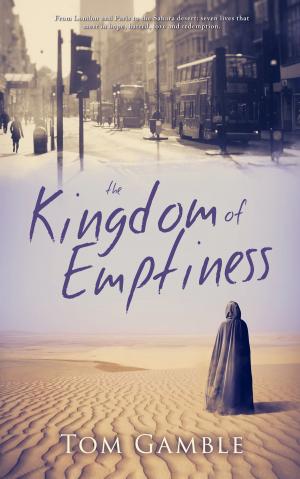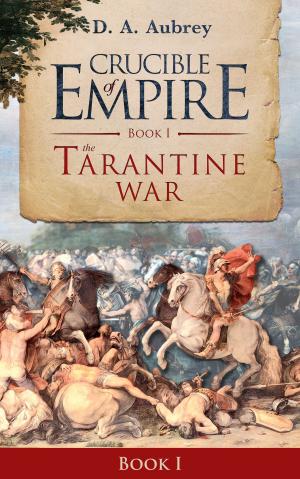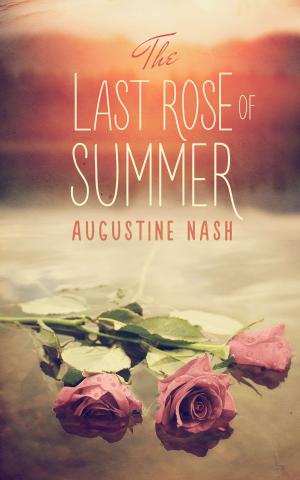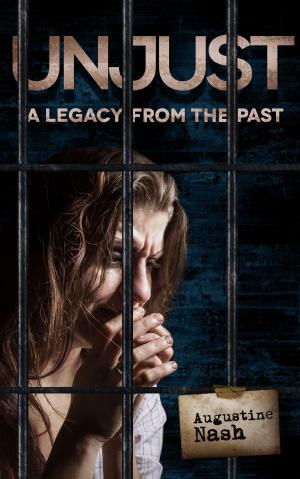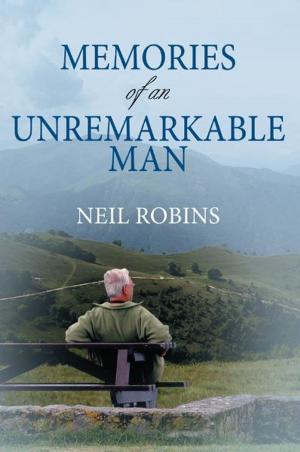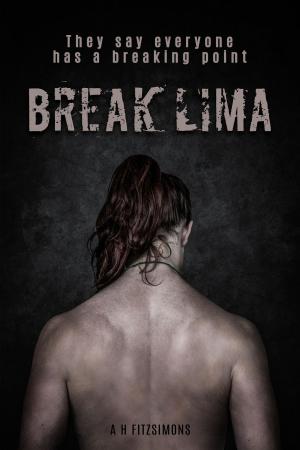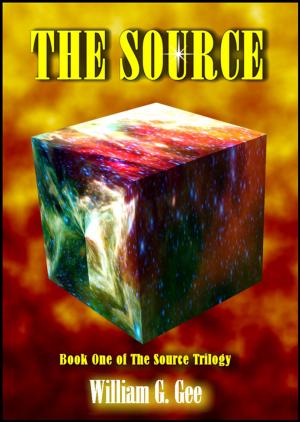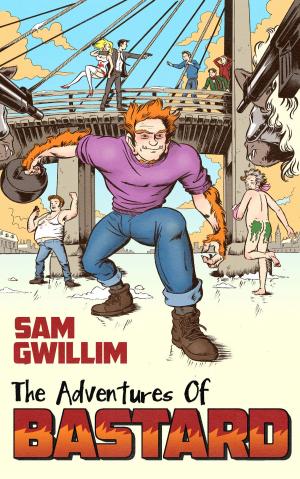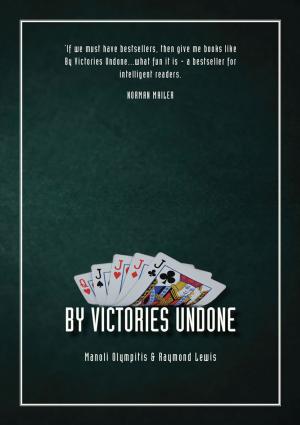An End of Honour
A novel of Titokowaru’s War
Fiction & Literature, Historical, Thrillers, Mystery & Suspense| Author: | M J Burr | ISBN: | 9780473260620 |
| Publisher: | eBookPartnership.com | Publication: | April 23, 2014 |
| Imprint: | eBookPartnership.com | Language: | English |
| Author: | M J Burr |
| ISBN: | 9780473260620 |
| Publisher: | eBookPartnership.com |
| Publication: | April 23, 2014 |
| Imprint: | eBookPartnership.com |
| Language: | English |
'Women and land are the downfall of men'
The short, bloody and desperate clash that was 'Titokowaru's War' in the Taranaki of 1868-69, backgrounds a story of two men more alike than their allegiances might suggest.
Titokowaru - is warrior, priest, and a man of two worlds who tries desperately to shape a future for his people in the face of relentless immigration and white settler land-hunger.
John Selby Hunter - is an American Civil War hero who lives by the precepts of honour and duty ingrained in him by a Virginian upbringing. He finds himself in New Zealand as a result of them, where his Southern charm isn't lost on two beautiful women, one the sister of his comrade-in-arms and the other her Maori companion.
Both men are pitchforked into opposing sides of what soon becomes all-out war as a result of circumstances outside their control, and both call on the codes into which they were born to deal with it.
Most of this story actually happened, and the other parts might well have happened. After all, real people from NZ's history - governors, soldiers, warriors, Kingitanga leaders, Titokowaru and the famous Twelve of his lieutenants - walk through a story that moves from the Musket Wars in Taranaki to the battlefields of the American frontier, and back again via colonial Auckland's high society to a South Taranaki riven by fire and sword. At the end of it all, the reader is offered a plausible answer to the enduring mystery of why, with the West Coast at his feet and settler armies prostrate before him, Titokowaru walked away from his greatest triumph and into obscurity.
As well as a love story that crosses the racial divide, An End of Honour is the story of two highly-principled men who see beyond division, race and greed to agree that, if one has no honour, one has nothing.
'He whenua, he wahine i mate ai te Tangata.'
The short, bloody and desperate clash that was 'Titokowaru's War' in the Taranaki of 1868-69, backgrounds a story of two men more alike than their allegiances might suggest.
Titokowaru - is warrior, priest, and a man of two worlds who tries desperately to shape a future for his people in the face of relentless immigration and white settler land-hunger.
John Selby Hunter - is an American Civil War hero who lives by the precepts of honour and duty ingrained in him by a Virginian upbringing. He finds himself in New Zealand as a result of them, where his Southern charm isn't lost on two beautiful women, one the sister of his comrade-in-arms and the other her Maori companion.
Both men are pitchforked into opposing sides of what soon becomes all-out war as a result of circumstances outside their control, and both call on the codes into which they were born to deal with it.
Most of this story actually happened, and the other parts might well have happened. After all, real people from NZ's history - governors, soldiers, warriors, Kingitanga leaders, Titokowaru and the famous Twelve of his lieutenants - walk through a story that moves from the Musket Wars in Taranaki to the battlefields of the American frontier, and back again via colonial Auckland's high society to a South Taranaki riven by fire and sword. At the end of it all, the reader is offered a plausible answer to the enduring mystery of why, with the West Coast at his feet and settler armies prostrate before him, Titokowaru walked away from his greatest triumph and into obscurity.
As well as a love story that crosses the racial divide, An End of Honour is the story of two highly-principled men who see beyond division, race and greed to agree that, if one has no honour, one has nothing.
'He whenua, he wahine i mate ai te Tangata.'
'Women and land are the downfall of men'
The short, bloody and desperate clash that was 'Titokowaru's War' in the Taranaki of 1868-69, backgrounds a story of two men more alike than their allegiances might suggest.
Titokowaru - is warrior, priest, and a man of two worlds who tries desperately to shape a future for his people in the face of relentless immigration and white settler land-hunger.
John Selby Hunter - is an American Civil War hero who lives by the precepts of honour and duty ingrained in him by a Virginian upbringing. He finds himself in New Zealand as a result of them, where his Southern charm isn't lost on two beautiful women, one the sister of his comrade-in-arms and the other her Maori companion.
Both men are pitchforked into opposing sides of what soon becomes all-out war as a result of circumstances outside their control, and both call on the codes into which they were born to deal with it.
Most of this story actually happened, and the other parts might well have happened. After all, real people from NZ's history - governors, soldiers, warriors, Kingitanga leaders, Titokowaru and the famous Twelve of his lieutenants - walk through a story that moves from the Musket Wars in Taranaki to the battlefields of the American frontier, and back again via colonial Auckland's high society to a South Taranaki riven by fire and sword. At the end of it all, the reader is offered a plausible answer to the enduring mystery of why, with the West Coast at his feet and settler armies prostrate before him, Titokowaru walked away from his greatest triumph and into obscurity.
As well as a love story that crosses the racial divide, An End of Honour is the story of two highly-principled men who see beyond division, race and greed to agree that, if one has no honour, one has nothing.
'He whenua, he wahine i mate ai te Tangata.'
The short, bloody and desperate clash that was 'Titokowaru's War' in the Taranaki of 1868-69, backgrounds a story of two men more alike than their allegiances might suggest.
Titokowaru - is warrior, priest, and a man of two worlds who tries desperately to shape a future for his people in the face of relentless immigration and white settler land-hunger.
John Selby Hunter - is an American Civil War hero who lives by the precepts of honour and duty ingrained in him by a Virginian upbringing. He finds himself in New Zealand as a result of them, where his Southern charm isn't lost on two beautiful women, one the sister of his comrade-in-arms and the other her Maori companion.
Both men are pitchforked into opposing sides of what soon becomes all-out war as a result of circumstances outside their control, and both call on the codes into which they were born to deal with it.
Most of this story actually happened, and the other parts might well have happened. After all, real people from NZ's history - governors, soldiers, warriors, Kingitanga leaders, Titokowaru and the famous Twelve of his lieutenants - walk through a story that moves from the Musket Wars in Taranaki to the battlefields of the American frontier, and back again via colonial Auckland's high society to a South Taranaki riven by fire and sword. At the end of it all, the reader is offered a plausible answer to the enduring mystery of why, with the West Coast at his feet and settler armies prostrate before him, Titokowaru walked away from his greatest triumph and into obscurity.
As well as a love story that crosses the racial divide, An End of Honour is the story of two highly-principled men who see beyond division, race and greed to agree that, if one has no honour, one has nothing.
'He whenua, he wahine i mate ai te Tangata.'
